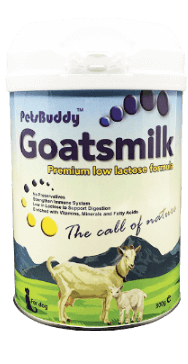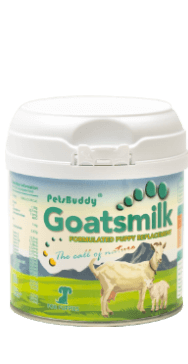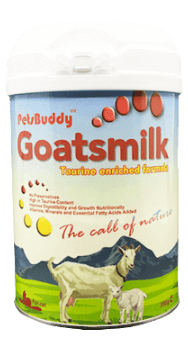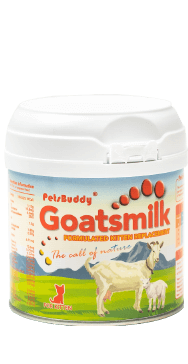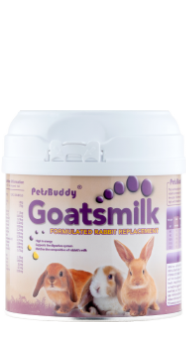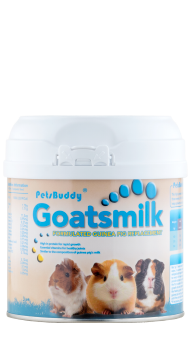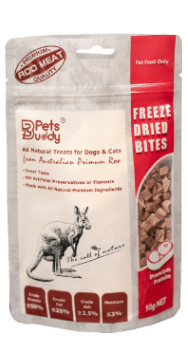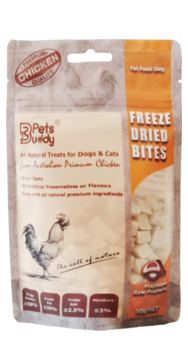US tariffs on steel and aluminum may raise costs for pet food companies and US consumers.
On July 6, China announced retaliatory tariffs on US goods, including canned dog and cat foods, in response to tariffs imposed by United States President Donald Trump. Even before those trade measures targeted US pet food exports directly, US tariffs on steel and aluminum were already threatening to raise costs for US pet food companies and consumers.
"Think about pet food manufacturers and how many cans are used for cat and dog food,” “Whenever people ask why does the Pet Food Institute care about what's going on with the Chinese tariffs or the steel and aluminum tariffs, I say think about how many cans of pet food come off of a line in manufacturing.”
Tariffs effects on foreign markets for US pet food
The tariffs on steel and aluminum could significantly affect pet food businesses as well as consumers, Dana Brooks, president and chief executive officer of Pet Food Institute, said. Beyond manufacturing costs, a widening trade war with China and the potential breakdown of free trade among the US, Mexico and Canada could limit the access of US pet food brands to markets abroad.
“We’re always making sure that we have market access as well,” she said. “Most of our pet food consumption is domestic, but we're see the emerging markets in the future opening up to US pet foods. We have the highest food safety standards for pet foods in the world and we think that having Canada and Mexico as open markets is critical for transportation and trade. Fifty percent of homes in Canada have dogs, and they are probably purchasing US pet food.”
